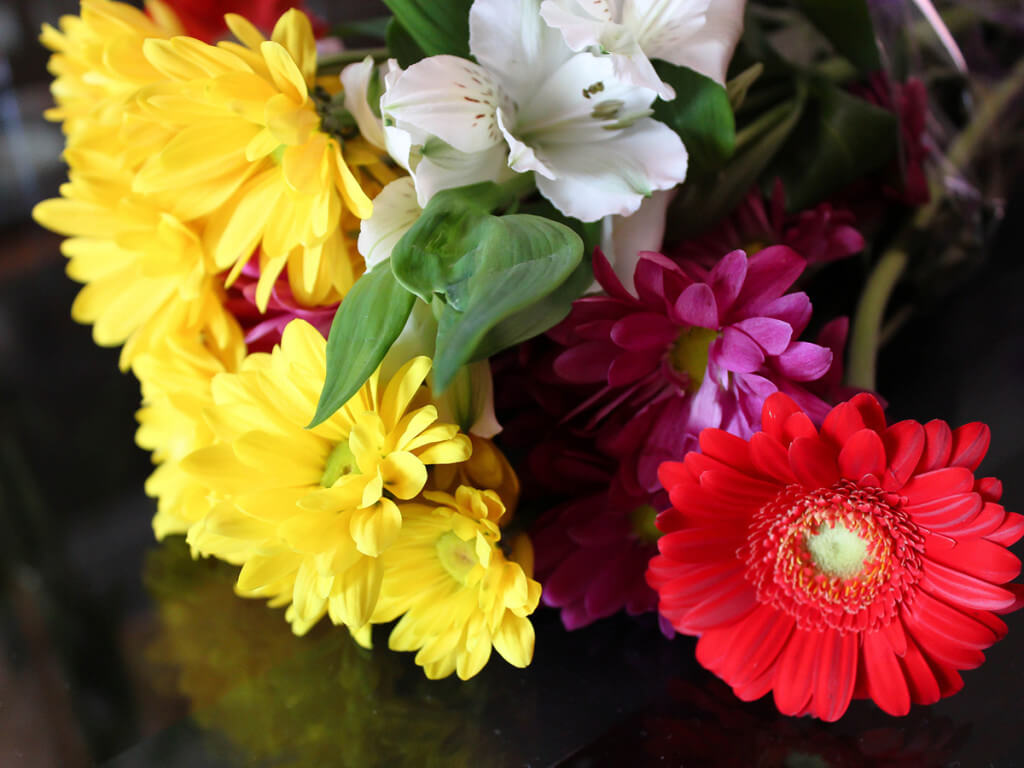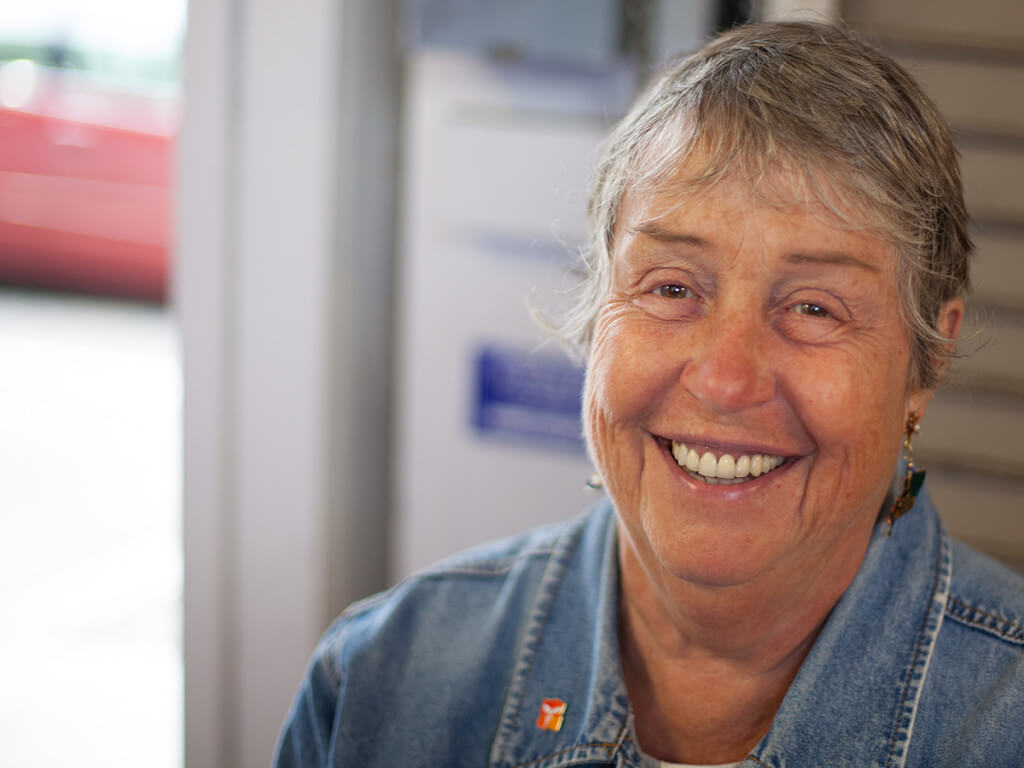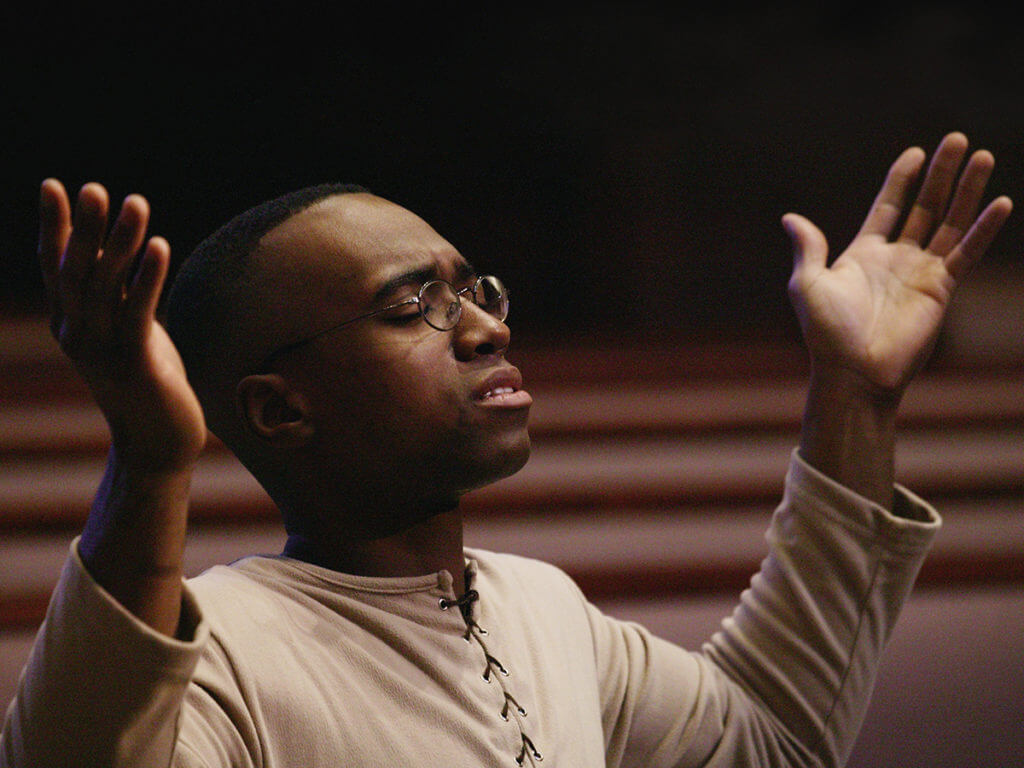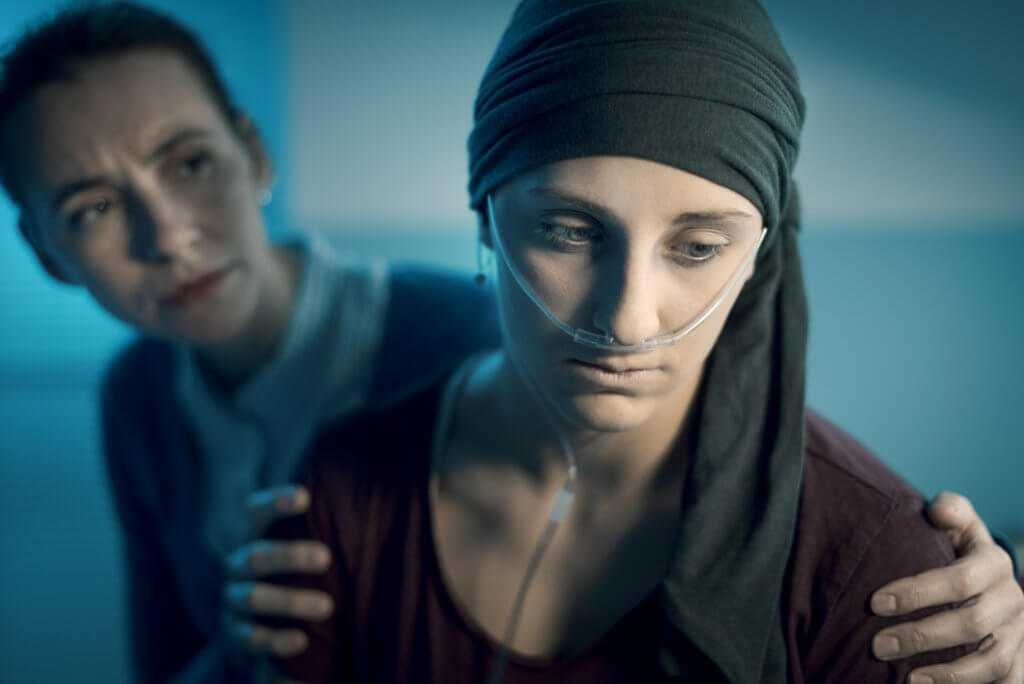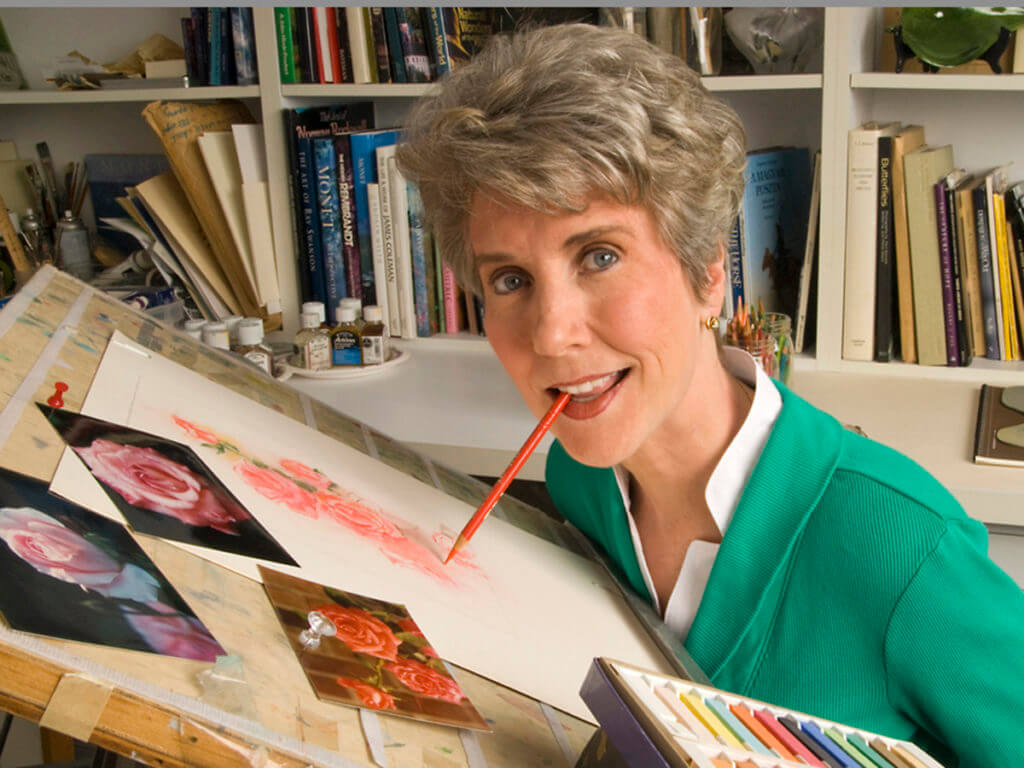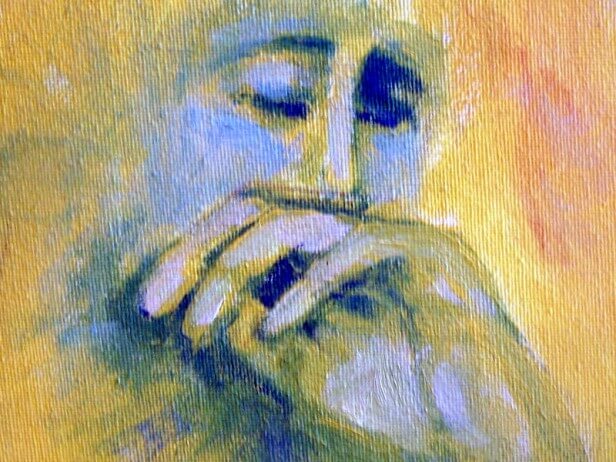It’s Fun
Do you want to have some fun today? Then plan a “Random act of Kindness.” You know – the act of kindness you do for someone, especially someone who is suffering, but you don’t let them know who you are. For example:
◾Leave bags of groceries on the porch of a family where there is an unemployed person.
◾Leave a bouquet of flowers on the porch of someone who is grieving.
◾Send a single mom some movie tickets or bowling coupons.


